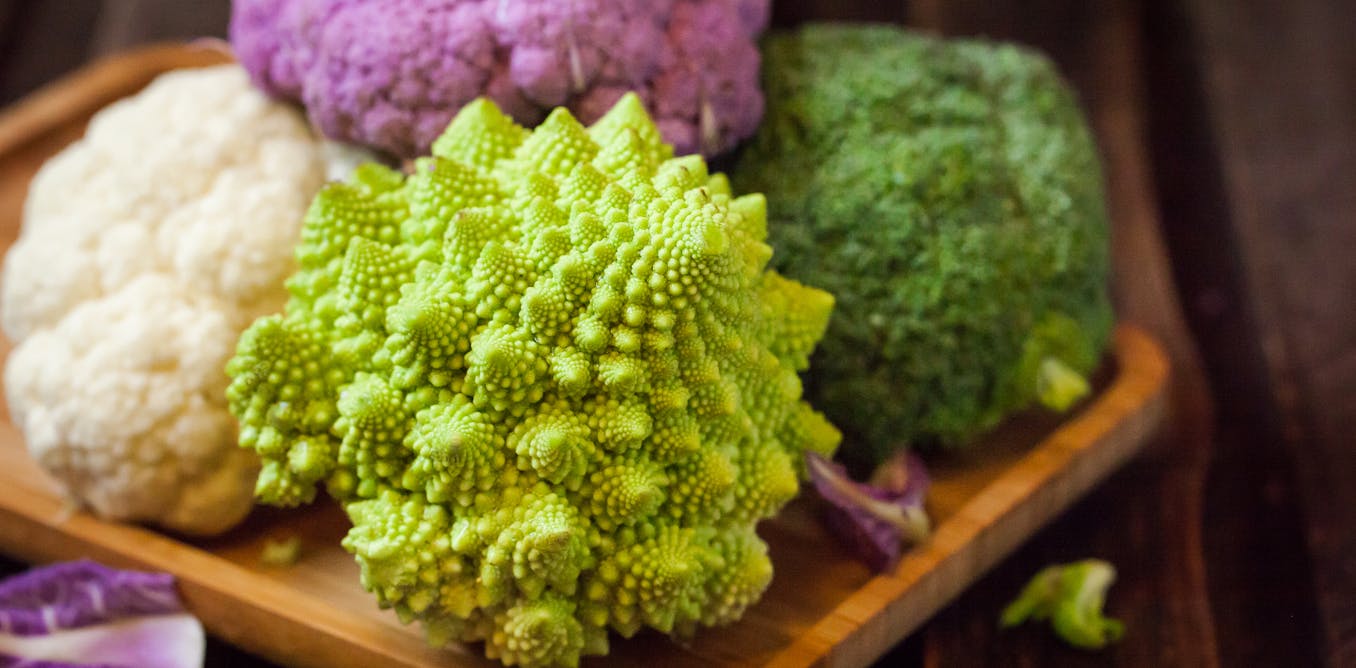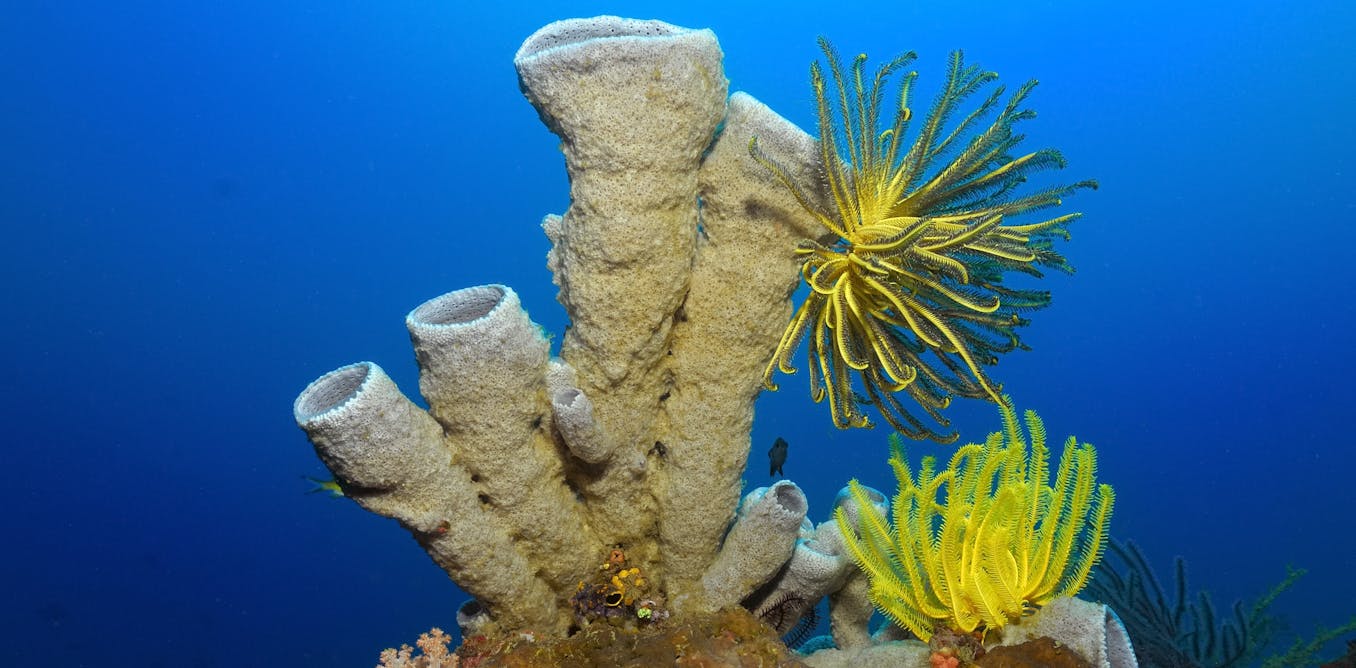Scientists are on a path to sequencing 1 million human genomes and use big data to unlock genetic secrets
The first full human genome was sequenced 20 years ago. Now, a project is underway to sequence 1 million genomes to better understand the complex relationship between genetics, diversity and disease.
April 15, 2021 • ~8 min
In fish, parents' stressful experiences influence offspring behavior via epigenetic changes
A parent's or grandparent's stressful experiences change how their offspring behave. And it turns out that moms' experiences produce different changes in kids than dads'.
March 30, 2021 • ~5 min
3 medical innovations fueled by COVID-19 that will outlast the pandemic
The coronavirus pandemic has driven a lot of scientific progress in the past year. But just as some of the social changes are likely here to stay, so are some medical innovations.
March 9, 2021 • ~12 min
Evolution: lab-grown 'mini brains' suggest one mutation might have rewired the human mind
Neanderthal-human hybrid brains grown in the lab give fascinating insights into evolution.
Feb. 26, 2021 • ~8 min
We scanned the DNA of 8,000 people to see how facial features are controlled by genes
Like it or not, the facial feature most influenced by your genes is your nose. Researchers investigate which genes are involved in sculpting the face.
Dec. 7, 2020 • ~9 min
Flaws emerge in modeling human genetic diseases in animals
Recent studies using CRISPR to fast-track genetic studies into human disease genes appear flawed.
Nov. 10, 2020 • ~8 min
Some bees are born curious while others are more single-minded – new research hints at how the hive picks which flowers to feast on
New research suggests individual bees are born with one of two learning styles – either curious or focused. Their genetic tendency has implications for how the hive works together.
Oct. 5, 2020 • ~7 min
/
10






